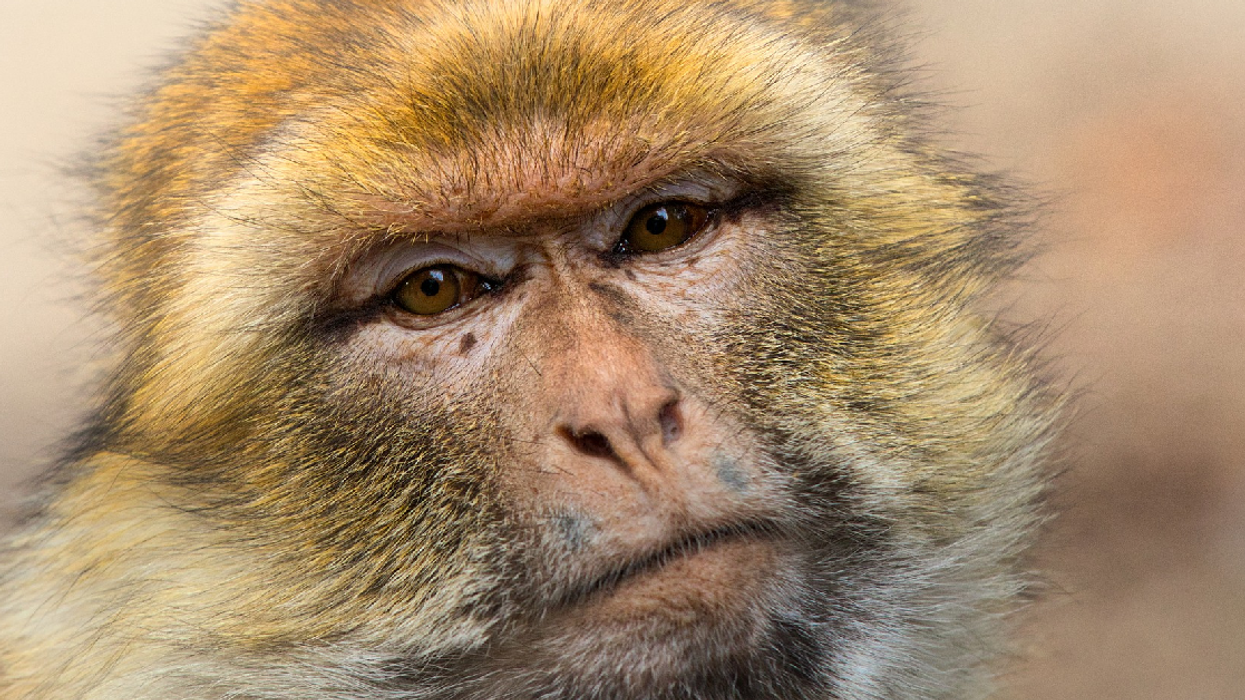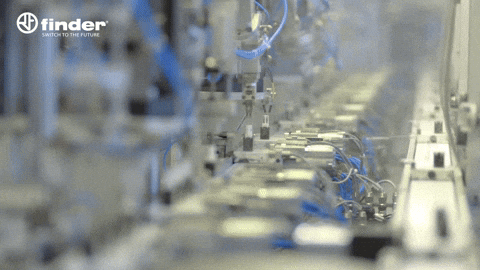According to China Daily, a joint research group from China and the United States recently published a paper in the National Science Review on their findings from using gene-editing techniques to make rhesus macaques with a human gene related to brain development.
The result was macaques with better short-term memory and faster response times, but slower brain development.
The gene in question, MCPH1, affects fetal brain development in humans and relates to brain size.
To have the human gene affect the monkeys, researchers exposed the embryos to viruses containing the gene.
The New York Post cited Bing Su, geneticist at the Kunming Institute of Zoology, led the study as commenting:
"This was the first attempt to understand the evolution of human cognition using a transgenic monkey model."
When you compare humans to primates, our brains take much longer to develop. This leads to our prolonged childhoods, which are quite unique among animals.
Though the development of the brain in the genetically altered monkeys took longer, their brains were no bigger than usual.
Genetically altering monkeys with human DNA has led to significant backlash from the greater scientific community.
James Sikela, from the University of Colorado, stated:
"The use of transgenic monkeys to study human genes linked to brain evolution is a very risky road to take."
"It is a classic slippery slope issue and one that we can expect to recur as this type of research is pursued."
Jacqueline Glover, also of the University of Colorado, commented on how the public will likely see the study:
"You just go to the Planet of the Apes immediately in the popular imagination."
"To humanize them is to cause harm. Where would they live and what would they do? Do not create a being that can't have a meaningful life in any context."
And Planet of the Apes was exactly where some people went on Twitter when learning of the study.
Others commented on the ethical implications.
Animal experimentation is already a hotly debated issue in the scientific community. Experiments that involve exposing animals to human genes are even more so.
Making animals more human seems like a recipe for potential disaster.








 vasosecret/TikTok
vasosecret/TikTok
 dontlookatmedoll156/TikTok
dontlookatmedoll156/TikTok alyssa.b345/TikTok
alyssa.b345/TikTok EllieBelly/TikTok
EllieBelly/TikTok Shelby Daniel/TikTok
Shelby Daniel/TikTok J/TikTok
J/TikTok indigo1009/TikTok
indigo1009/TikTok Kam/TikTok
Kam/TikTok





 @starduster14021/X
@starduster14021/X r/TheMajorityReport/Reddit
r/TheMajorityReport/Reddit r/TheMajorityReport/Reddit
r/TheMajorityReport/Reddit r/TheMajorityReport/Reddit
r/TheMajorityReport/Reddit r/TheMajorityReport/Reddit
r/TheMajorityReport/Reddit r/TheMajorityReport/Reddit
r/TheMajorityReport/Reddit r/TheMajorityReport/Reddit
r/TheMajorityReport/Reddit @sciencexspirit/Bluesky
@sciencexspirit/Bluesky


 90s popcorn GIF
90s popcorn GIF  signing season 3 GIF
signing season 3 GIF  home alone pepsi GIF
home alone pepsi GIF  Machine Production GIF by Finder Relais Nederland
Machine Production GIF by Finder Relais Nederland  No No No GIF
No No No GIF